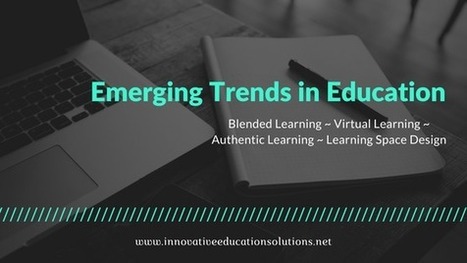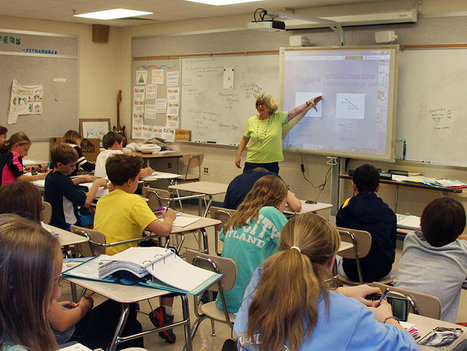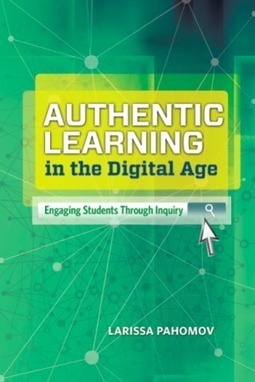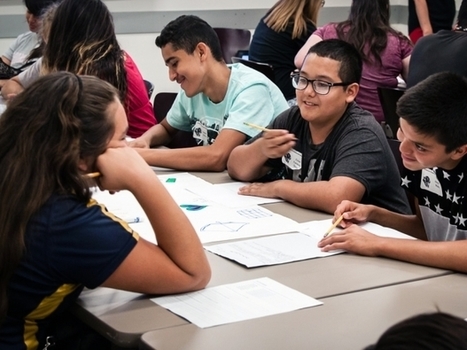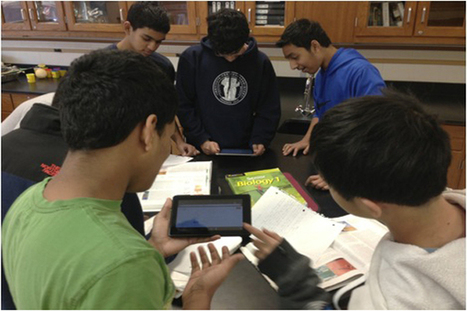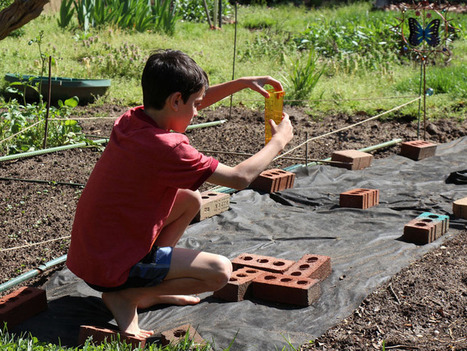Pam McKinney here live blogging the final keynote from the LILAC conference featuring Professor Alison Littlejohn, Dean of learning and teaching in the faculty of social sciences at the University of Glasgow. Allison began by outlining the neo-liberalisation of the higher education sector, positioning students as consumers and the rise in importance of the national student survey. Allison was involved with a project called “learning literacies in the digital age” which outlined the need for learning to focus on processes and literacies, not content. Allison discussed the power of MOOCs to disrupt education, and to give people the opportunity to learn in a different way, using digital technologies.
Get Started for FREE
Sign up with Facebook Sign up with X
I don't have a Facebook or a X account
 Your new post is loading... Your new post is loading...
 Your new post is loading... Your new post is loading...
|

Daniel Rimmereid's curator insight,
March 25, 2014 8:57 PM
This article offers great insight into what authentic assessment is. It was very helpful in telling me precisely what authentic assessment is and how it can be used in the classroom. The author’s main point is that many people and educators have ruined the meaning of authentic assessment so he wants to clear the air and be very direct with his definition of authentic assessment. It will certainly try to implement authentic assessment into my classroom and teaching. Authentic assessment is much needed in our “standardized testing world.” If a teacher uses authentic assessment right they can help their students more fully and deeply understand the material they are being assessed on as well as grow in many “real world” skills. Authentic assessment provides a way in which students can take ownership of what they have learned and how they can apply it. |




![[Un]intended consequences of educational change: The need to focus on literacy development #lilac19 | Information Literacy Weblog | Information and digital literacy in education via the digital path | Scoop.it](https://img.scoop.it/yhH9CewzjcqLVSO178Xq_zl72eJkfbmt4t8yenImKBVvK0kTmF0xjctABnaLJIm9)

